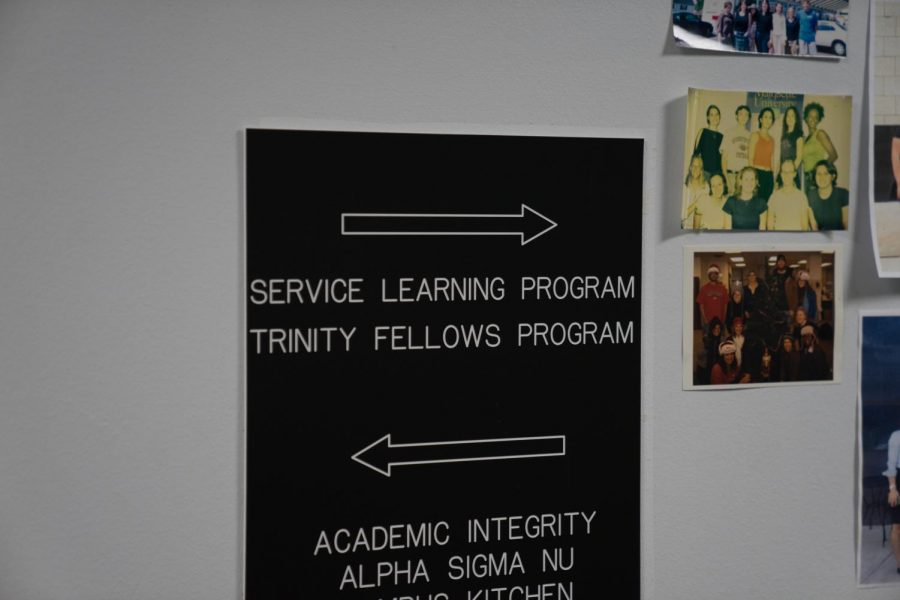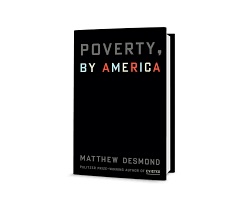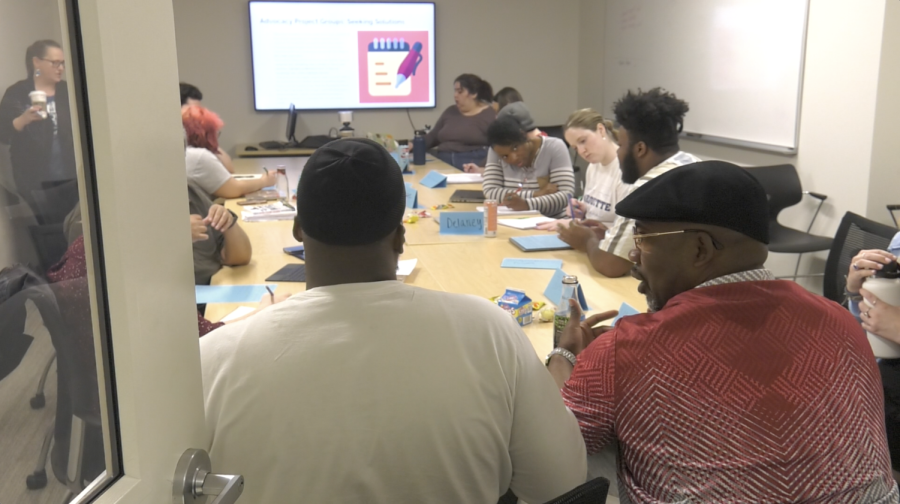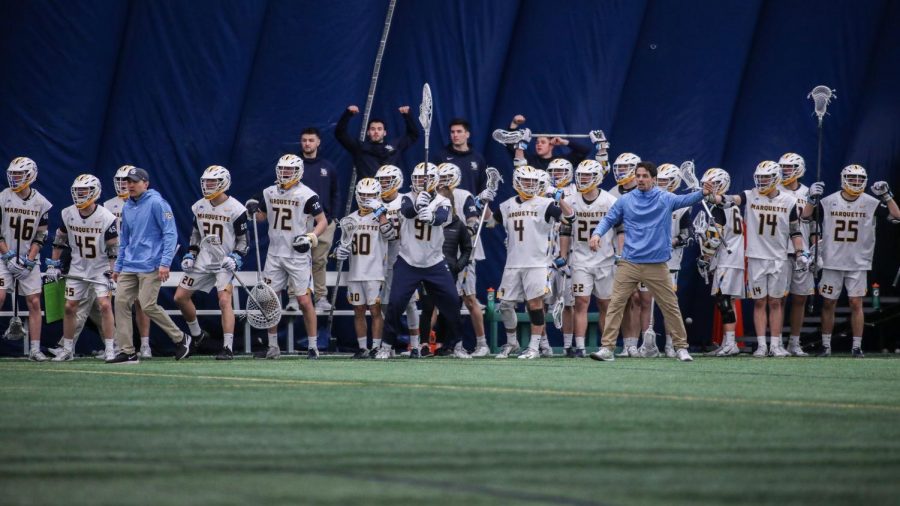The Peace Corps is recognizing Marquette University Trinity Fellows Program, which is an organization where students earn their graduate degrees while serving a local non-profit, for its long standing partnership with the Paul D. Coverdell Fellows Program, a graduate fellowship that provides returned Peace Corps volunteers financial assistance. The Peace Corps is sending an anniversary bell to President Lovell.
“When a volunteer completes their service they get to ring a bell or gong to signify the completion of their service,” Swabek said. “The bell is a symbol of celebration.”
Marquette began its partnership with the Paul D. Coverdell Fellows in 2000 with the founding of the Trinity Fellows Program.
Carolyn Swabek, assistant director of the Trinity Fellows Program, said the program offers students earning their master’s degree full tuition and a monthly stipend for their returned commitment to social justice and service.
Fifteen Fellows accepted to the program every year receive full tuition scholarships and a monthly stipend of $1,615 for off-campus living expenses. In return, Fellows are placed at selected nonprofit organizations in the Milwaukee area, where they work 18 hours a week during the academic year.
“The Trinity Fellows demonstrates Marquette’s mission to promote justice through service in a wonderful way,” Swabek said.
The Trinity Fellows Program has partnered with more than 75 area agencies, including The American Red Cross and The Urban Ecology Center.
“We have our fellows in their nonprofit job for the whole 21 months that they are in the program,” Swabek said. “They are really able to dig deep, build capacity and take on more leadership and personal development through their role.”
Graduate students apply to the Trinity Fellows as they apply for graduate school through a process of applications, essays and interviews.
To qualify for the program, students must complete full time service in the Peace Corps, AmeriCorps, The Jesuit Volunteer Corps, Teach for America or two or more years of full-time employment with a nonprofit organization.
“The purpose of the program is to expand the network of young professionals in Milwaukee who are focused on social justice,” Swabek said.
“Each Fellow is placed at their non-profit based on their skills, experience and interest,” Swabek said. “Non-profits also apply to have a Fellow so its competitive on both ends.”
“Not only are we learning in the classroom — anything from my degree which is public service to business — but out of the classroom through our work in Milwaukee,” Molly O’Brien, a first-year Trinity Fellow and graduate student in the College of Arts & Sciences, said.
Swabek said fellows are expected to complete their master’s program in two years, enrolling in nine credits per semester. They are required to take nine elective credits in urban issue courses.
“The Trinity Fellows Program is unique because while you are earning your masters, you also get hands-on experience in something you are passionate about,” said Bethany Woodson, a second-year Trinity Fellow getting her masters in international affairs and a board member for the Milwaukee Peace Corps Association.
Woodson said the Milwaukee Peace Corps Association is a community of return and prospective Peace Corps volunteers that holds social and community events.
Woodson said that she was in the Peace Corps 2015-2016 doing economic development work in Burkina Faso, qualifying her to be a Trinity Fellow.
Her agency is The International Institute of Wisconsin, which mainly does refugee resettlement work. There has been at least four or five Trinity Fellows at that institute, she said.
Both Woodson and O’Brien found the Trinity Fellows Program on the Coverdell website, which is a database for scholarships and fellowships.
O’Brien served in both Jordan and Thailand as a youth and development volunteer for the Peace Corps. She is now a Homeowner Support Fellow at the Milwaukee Habitat for Humanity.
Habitat for Humanity is an organization that brings people together to build homes and communities for those in need.
“A huge benefit of being a fellow is the network that comes with it,” Woodson said. “Everyone that was, is or wants to be a fellow is just very approachable (and) wants to help others out.”
“I absolutely love Trinity. I think it’s an amazing program,” O’Brien said. “Everyone involved in this program is incredible, and I am proud of what they do for Milwaukee.”






